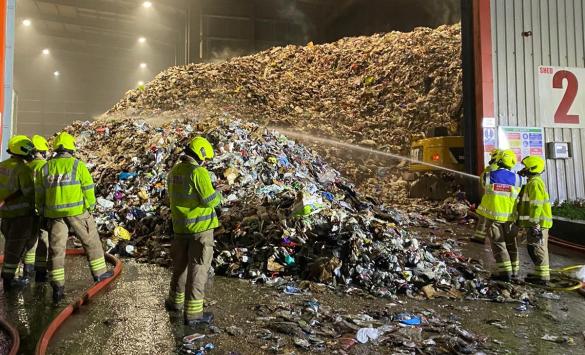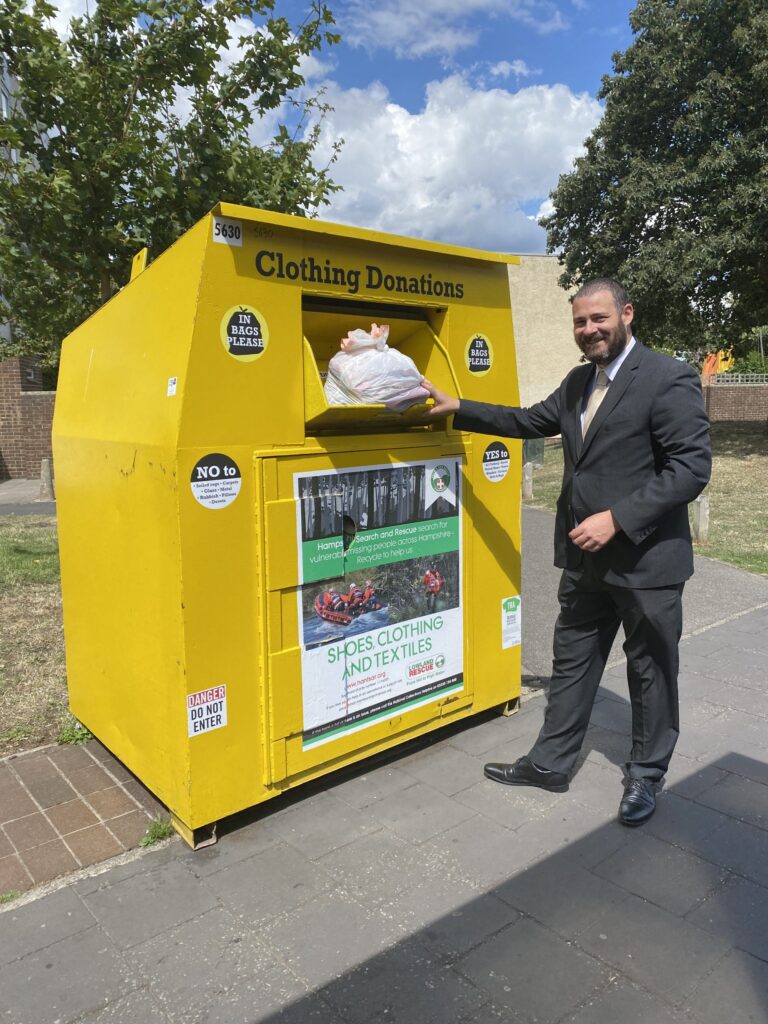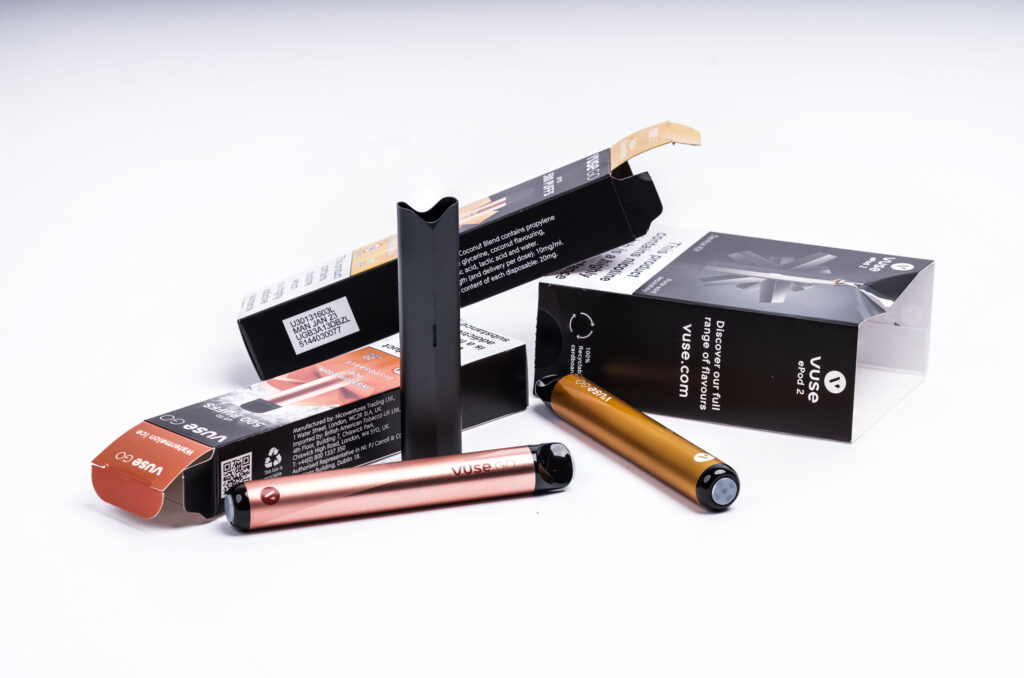The plan sets out WRAP's strategy and targets for the market development and material stream programmes as well as its newer responsibilities in the public awareness campaign, waste minimisation programme and local authority support initiative.
Despite having no definite long term funding, chief executive Jennie Price told letsrecycle.com that the work of WRAP has a future beyond 2006.
Speaking after the official launch, Mrs Price said: “I certainly think the market development will not be finished by 2006. There is also lots of scope for further work in the support of local authorities and to sustain national recycling beyond 2006.”
Although WRAP has recently expanded its workforce from 30 to over 100, Mrs Price admitted that the long term future of WRAP depended on the production of results to justify further funding from DEFRA.
“We are a delivery organisation and if we do not deliver we die, so we will be very targets and output driven,” she said.
Public awareness has become a major focus for WRAP, which is due to start a national waste awareness campaign later this year. The business plan set a target of a minimum increase of 10% in the public perception of recycling as a 'must or should do' activity.
Mrs Price said: “Surveys consistently demonstrate that there is strong support for recycling out there and WRAP's intention is to build on this enthusiasm and convert it into action in homes throughout the country.”
Targets
Key to demonstrating WRAP's ability was delivering the “substantial but achievable” targets, said Mrs Price.
Targets set out in the business plan include:
- For aggregates: a 3 million tonne increase in reprocessing capacity for recycled and secondary aggregates.
- Organics: 300,000 tonne increase in annual processing capacity for municipal kitchen and garden waste.
- Glass: facilitate an additional 150,000 tonnes of recycling per year into higher value applications.
- Attract at least 10 million investment annually in reprocessing capacity.
- Waste minimisation: to reduce the rate of increase of household waste by 1%, including 400,000 tonnes through home composting, 35,000 tonnes through re-useable nappies and 310,000 tonnes from the retail sector.
There are also targets for plastics, wood, paper, green procurement, regional market development, local authority collections and communications.
WRAP expects to publish its achievements document in July 2004, reporting what progress it made towards the targets set in its previous business plan. Vic Cocker, chairman of WRAP, said: “You will be pleased to know we have hit most of our targets.”
But he added: “Beyond the specific programme targets we have learned that we are able to influence and develop markets; we have bee able to fulfil a role as a delivery agency for government without being a government department; and we have been able to act as an accelerator of change in the waste sector.”
The WRAP Business Plan 2 2004-06: Resource and Action is now available on the WRAP website.










Subscribe for free